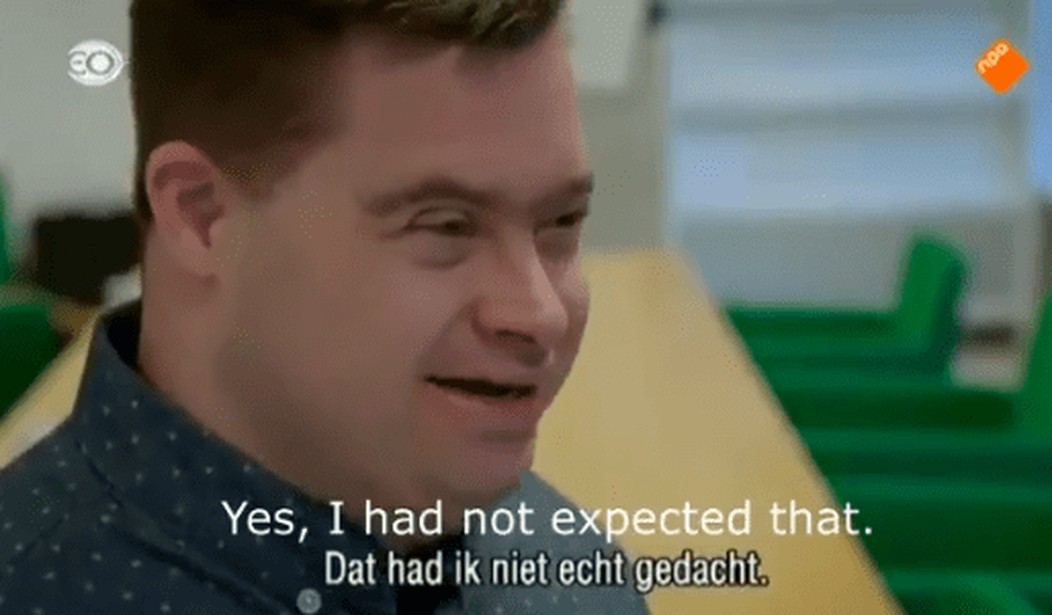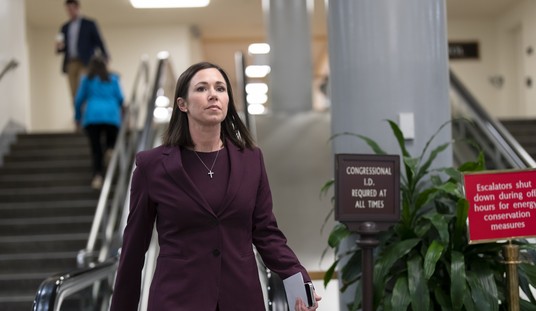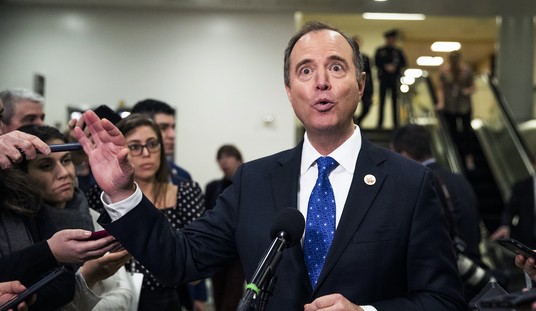Is the life of a person with Down Syndrome (DS) as valuable as a person born without it? How do we calculate the value of that life? How do we decide whether or not that person is an asset to or drain on society?
If you’re the Dutch government you use a simple mathematical formula.
In recent years the Netherlands has begun a targeted “health” campaign to increase pregnancy screenings for Down Syndrome markers, perhaps in hopes of following Iceland’s example of almost completely erasing Down Syndrome humans from their population. The Dutch currently have an abortion rate of between 74% and 84% for babies identified as having the chromosomal condition.
An Icelandic councilwoman once told an interviewer when asked about her support for aborting DS babies:
We don’t look at abortion as a murder. We look at it as a thing that we ended.
We ended a possible life that may have had a huge complication… preventing suffering for the child and for the family. And I think that is more right than seeing it as a murder — that’s so black and white.
Life isn’t black and white. Life is grey.
There’s too much creepiness in that statement to unpack, but suffice to say the consensus throughout Scandinavia seems to be that DS children are simply less viable…and valuable.
In response to the question of value, a Down Syndrome activist group in the Netherlands asked the Netherlands National Institute for Public Health (RIVM) to calculate the cost of a citizen with Down Syndrome for the national healthcare system. Shockingly, RIVM had an actual formula for what a DS child costs Dutch society versus a “normal” healthy person. On hand was a man with Down Syndrome.
Have you ever wondered what it might be like for someone to place a monetary value on your own life, or the life of someone you love desperately? Here’s a taste…and it’s heartbreaking.
The Netherlands National Institute for Public Health (@RIVM) places a pricetag on a person with #Downsyndrome #dehumanization #HumanRights@EuropeanParliament @SenatorNoone #SaveThe8th pic.twitter.com/qKsOFLVaWi
— Renate Lindeman (@Downpride) December 10, 2017
Across Europe there is a concerted effort to eliminate DS children from the population. The justifications are simply a carbon copy of the same statements from the creepy Icelandic councilwoman – their lives are a burden to society, to parents and ultimately would be nothing but suffering.
This is the natural outcome when government takes over healthcare. Our lives suddenly become numbers on a balance sheet. If the costs outweigh the benefits then it’s game over.
There may be a balance sheet for the cost of one’s life to society, but there is no balance sheet for the worth of one’s life to society. Many parents of DS children would dispute the claim that their children are “suffering” just because they have an extra chromosome; but let’s concede for the sake of argument that those children do at least live a lesser quality of life (whatever that means)…what about what we have to learn from them? The life of someone who needs extra care isn’t always a burden. Often it is a blessing, a gift to teach us how to give of ourselves unconditionally and to treat each life with dignity and respect. These are lessons that benefit society as a whole that cannot be calculated. How we treat “the least” among us is indicitive of who we are as a society.
When government is god, nothing has intrinsic value.
When we recognize that we are not the ultimate authority on life and dignity, it is easy to look a child with Down Syndrome the way we would any other child – as an amazing miracle worthy of love and respect.
Through him all things were made; without him nothing was made that has been made. – John 1:3













Join the conversation as a VIP Member